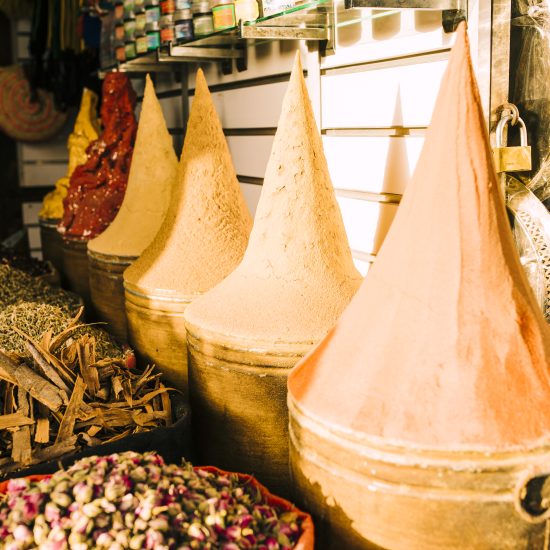When COVID-19 lockdowns began in Nigeria in March 2020, the goal was to slow the spread of the virus and save lives. However, the lockdowns had unintended consequences for the most vulnerable – children became targets for sexual abuse in their own homes and communities.
Investigative journalist Banjo Damilola traveled around Nigeria and documented stories of sexual assault from children and their families during the lockdown period. She interviewed teenagers like 15-year-old Isabel, who recounted being raped by three men on her street in August 2020. With schools closed, Isabel had more unsupervised time and less protection. She is not alone – thousands of other girls faced similar traumas with no escape from their abusers.
The lockdowns also increased risks for very young children. Four-year-old Laurel’s grandmother found her crying with injuries after being raped by a neighbor. Tragically, Laurel’s abuser was released on bail and has yet to face justice over a year later as the case remains stalled. Laurel still struggles with flashbacks of the trauma. In another case, a neighbor raped four-year-old Shani and was also released, allowing him to potentially abuse others.
Support systems for child survivors were overwhelmed. Advocates like the Basic Rights Counsel Initiative saw more calls for help but could not respond to all cases due to lockdown restrictions. Counseling was nearly impossible when children remained trapped with their abusers. The trauma of sexual abuse is compounded when justice is denied or delayed. For many vulnerable children in Nigeria, the lockdowns meant being locked down with their rapists with no escape.



